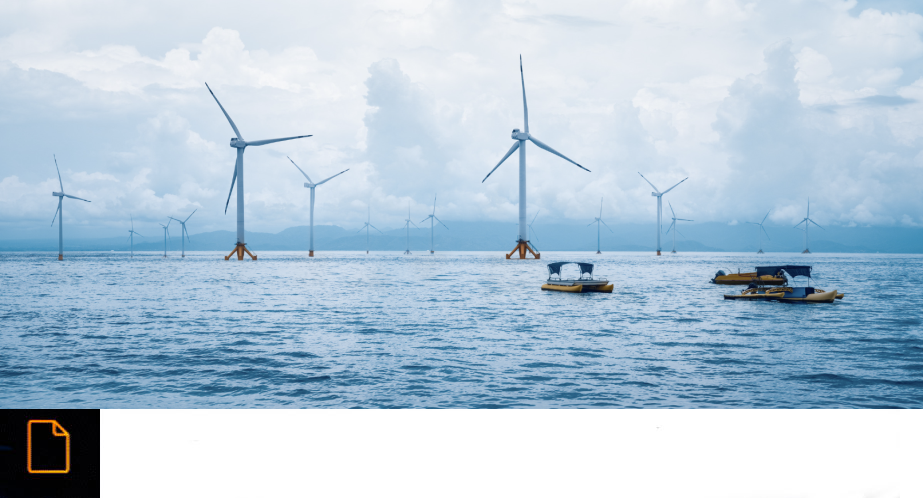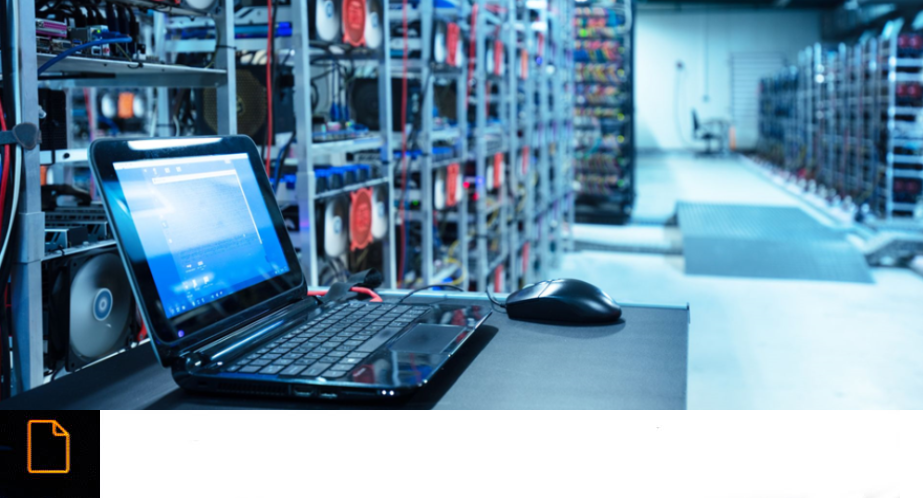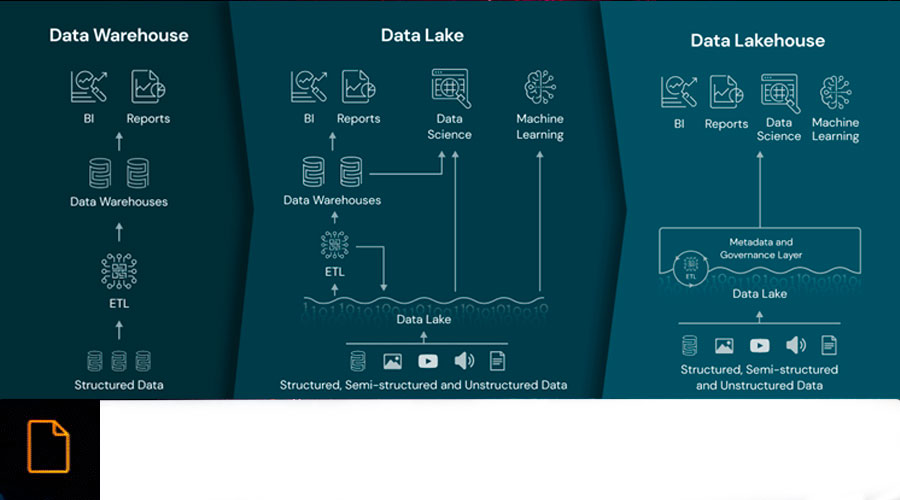THE FIRST STEP TO IMPLEMENT INDUSTRY 4.0 IN OUR COMPANY
Written by Antonio Ramírez
6 Jun 2022 | Industry 4.0 | Article
Not long ago I heard Scott Campbell (IBM) say that one minute of downtime in industry can cost as much as €19,500, and that AI had arrived to solve this, allowing us to get closer to Zero D (zero defects, zero downtime).
The secret to achieving. Scott points out, is to apply this AI to processes that enable the intelligent management of production assets and finished product.
The biggest challenge facing manufacturers today?
We all know that the dream of any manufacturer is to be able to be in production 24 hours a day, 7 days a week. Achieving this would bring immense value to the company, but the question is how to move from a reactive environment and processes to a predictive environment and processes given that most industries and their companies are in the former case?
To stop thinking about how to fix something that has broken and start thinking about how to prevent something from breaking, there is only one step to take. And that step is AI (Artificial Intelligence) applied to predictive maintenance and product quality. And the good thing is that MonoM are experts in both, AI and predictive maintenance.
But how to start implementing Industry 4.0 in our company?
The easiest way is to start applying it to the detection of defects in both finished and active products.
Although we talk about AI, we are basically talking about photos of a product or data from a sensor in an asset that, by comparing it with standards, tells us whether the process, the asset and/or the product are in good condition, and that by applying machine learning we achieve ever greater reliability in the decision, so that we can anticipate for months if an asset will have a defect, breakage or wear, thus avoiding unscheduled stoppages or defective products.
Introducing a pilot is often an eye-opener for company management, as within weeks they begin to see areas of improvement in product quality and warnings of which assets are amenable to maintenance or change.
What is the direct impact on the manufacturer when implementing AI?
There are two main areas, where the impact is directly proportional
One is quality and the other is demand satisfaction.
If we talk about quality, it is clear that having the guarantee that the products are exactly as the customer expects and that this is always the case, has a direct impact on the customer's commitment to the brand and the product itself. This translates into sales.
But if there is any impact greater than quality, it is the satisfaction of demand.
If we listen to Scott, every minute of downtime is a €19,500 cost, but the loss of opportunity cost is incalculable, since what you don't sell will be sold by the competition.
That is why it is important to attack both product quality and asset management processes at the same time, as both are directly related and directly affect quality and demand, so solving only one of them does not have an impact on the expected improvement in the areas of quality and demand. The solution is to address projects that include both.
There is one more variable that I would like to highlight. One of them is "over maintenance". It is true that there is a culture of scheduled maintenance, with schedules that help to optimise production stoppages, but this type of maintenance has the hidden cost of over-maintenance, where components are maintained, with prevention, to avoid unscheduled stoppages. Although this method avoids or reduces the costs of unplanned stoppages, it increases the cost of maintenance by applying it in preventive mode, increasing costs that are not necessary.
What technologies enable this introduction to Industry 4.0?
Many maintenance and operations managers will have heard of CMS, if they are not already using it, and will almost certainly think that this technology is a feasible way to start the first steps in Industry 4.0, but reality leads us to another technology.
Industrial cloud platforms with IoT, AI and Big Data are the real solution. Such is the case of the MonoM (Alava Group) platform, which not only optimises assets and the quality of the finished product, but also helps with more evolved processes, which are starting to be implemented in the next phases of Industry 4.0.
Processes such as the management of industrial infrastructures, decision making from Digital Twins or the automation of industrial processes with Augmented Reality, to name but a few.
Using niche solutions implies having a range of software, absolutely disparate, that are not capable of specifying all the information in a way that helps to make high-level business decisions and enslaving the manufacturer to have to compartmentalise their tools and the processes that they solve, manage or control.
It is clear that industrial cloud platforms have a lot to say in Industry 4.0 and that is what they have been doing for some time now.
Antonio Ramirez - CMO MonoM











